We are pleased to introduce the 7th edition of the Report on Ethical and Value-Based Finance in Europe, a comprehensive analysis that highlights the impact of financial institutions operating under alternative banking models. This report is the result of collaboration among Fondazione Finanza Etica, Fundación Finanzas Éticas, and FEBEA (European Federation of Ethical and Alternative Banks and Financiers), all committed to promoting ethical finance and fostering a more inclusive, sustainable financial system in Europe
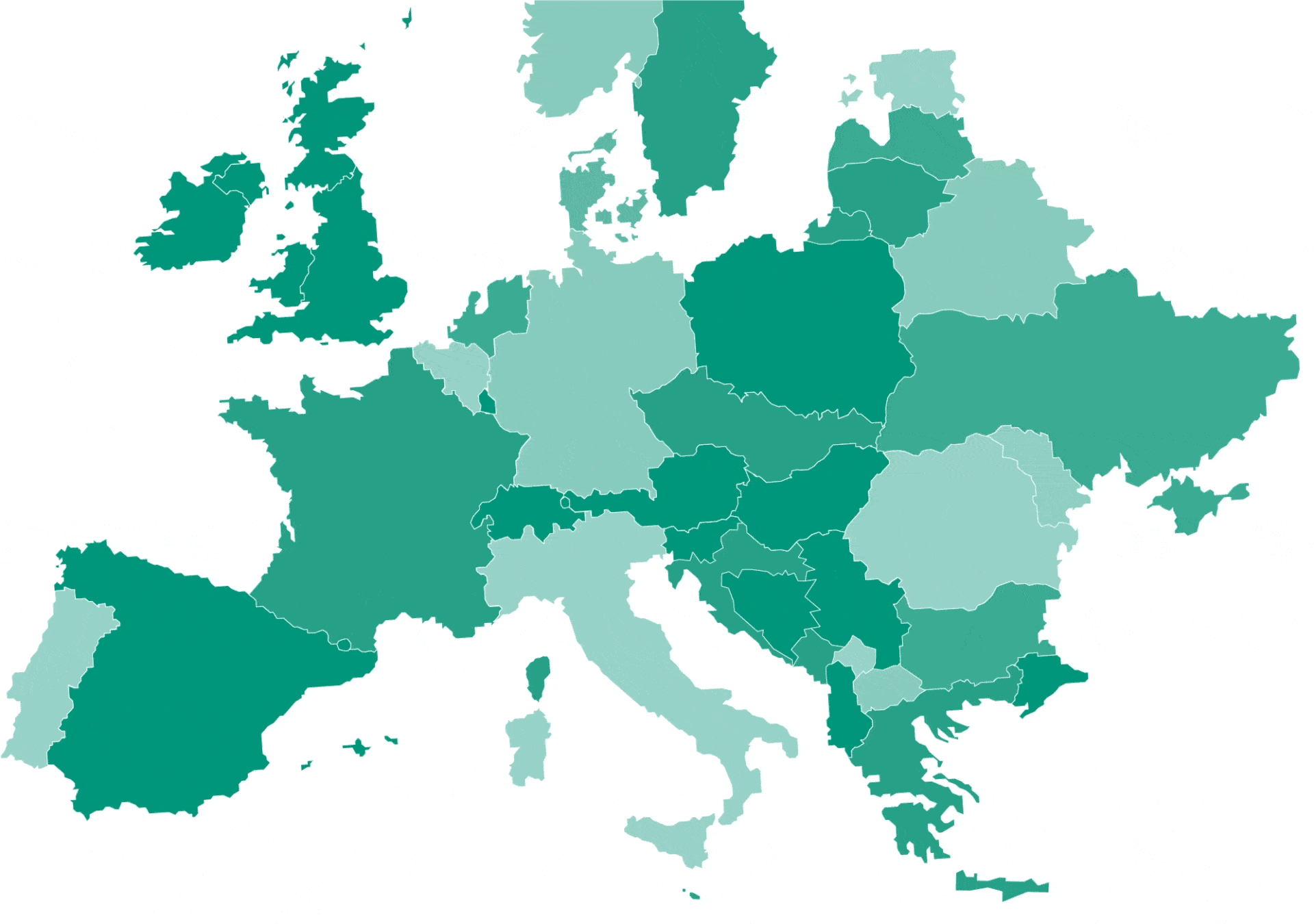
At the core of this edition is a comparison between ethical banks and systemic banks in Europe, highlighting how these two models impact the real economy and society in distinct ways. While banking has long been perceived as a uniform sector, our findings reveal diverse approaches to how finance can serve the common good. By refining our set of indicators, we have created a robust historical dataset that tracks these differences over time.
The second section of the report explores the effects of military spending on public budgets, shedding light on how financial decisions can shape national policies, either supporting peace or contributing to conflict.
The third section of the report focuses on the social economy, which is closely aligned with the principles of ethical finance, as it emphasises economic activities that prioritise social and environmental benefits over financial gain. In collaboration with Euricse and Social Economy Europe, this edition marks the beginning of a three-year exploration into the impact of the social economy. The insights provided demonstrate how ethical finance promotes equity, sustainability, and social cohesion, offering a forward-looking blueprint for a financial system that prioritises the common good over short-term profits.
Ethical Banks and Large European Banks: the Numbers Behind the Differences
The 7th Report on Ethical Finance in Europe applies the CAMEL model to compare the performance of ethical banks and major European banks. CAMEL is a bank evaluation methodology based on five factors: Capital (capital adequacy), Assets (asset quality), Management (quality of management), Earnings (profits), and Liquidity. This integrated approach provides a way to analyse a bank’s overall stability, gain insight into its business model, and identify the strengths and weaknesses of its management practices.
In our Report, the CAMEL approach is used to compare significant European banks, which are directly supervised by the ECB, with ethical banks associated with GABV (Global Alliance for Banking on Values) and FEBEA (European Federation of Ethical and Alternative Banks). The comparison reveals the differences between the business models of the two groups of banks and evaluates whether ethical banks, despite their varying operations and capacity to support the real economy, can achieve a level of stability and financial balance similar to that of major systemic European banks.
Ethical banks have a higher capital adequacy, with a Tier 1 ratio of 23.32% compared to 17.23% for major banks, demonstrating a strong ability to absorb potential losses. Although they allocate a larger share of investments to higher-risk assets (43.76% versus 35.85%), this reflects their operational model, which prioritises lending to households and businesses over investing in low-risk government bonds.
In terms of operational management, ethical banks report a cost-to-income ratio of 65.74%, higher than the 52.60% of major banks. The cost-to-income ratio, which measures operating costs relative to revenue, is higher for ethical banks due to the costs associated with ethical lending practices, which require greater attention and resources.

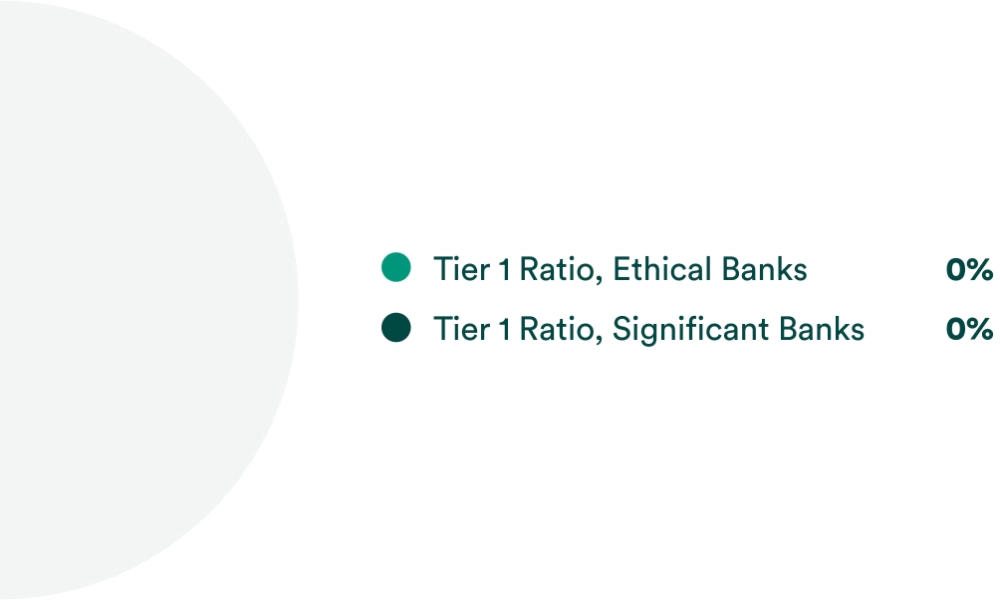
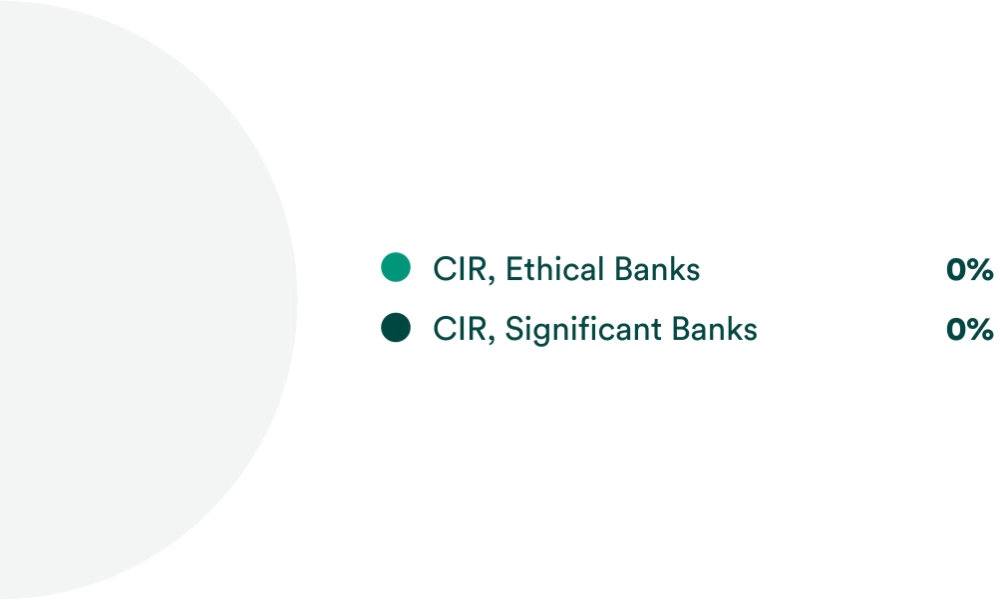
The Loan-to-Deposit Ratio (LDR), which measures how much a bank lends compared to the amount it collects in deposits, is another important indicator considered. Ethical banks maintained an average LDR of 81.4% between 2013 and 2022, a level considered ideal, falling between 80% and 90%. This indicates a prudent approach to liquidity management. In contrast, major European banks historically had a higher LDR, averaging 100.2%, with peaks of 109% in 2014 and 2019, reflecting a tendency to lend more than the deposits collected. In the last three years, however, the LDR of significant banks has decreased substantially, suggesting that even large banks have adopted a more cautious approach to liquidity management, moving closer to the stability levels typically maintained by ethical banks.
An Increasingly Armed Europe
The report highlights a significant rise in military spending among NATO countries within the EU, which has grown by nearly 50% over the past decade, exceeding €215 billion in 2023. This increase, including a 168% rise in arms purchases, starkly contrasts with the EU’s stagnant economic growth (+12% over the same period). The rise in defence spending is draining resources that could be allocated to critical sectors such as education, healthcare, and the environment.
While traditional banks continue to finance the arms industry, European ethical banks uphold an exclusionary policy towards the defence sector. They focus instead on investments that promote peace, international cooperation, and sustainable development. This approach not only mitigates reputational risks but also addresses the ethical concerns tied to financing armed conflicts.
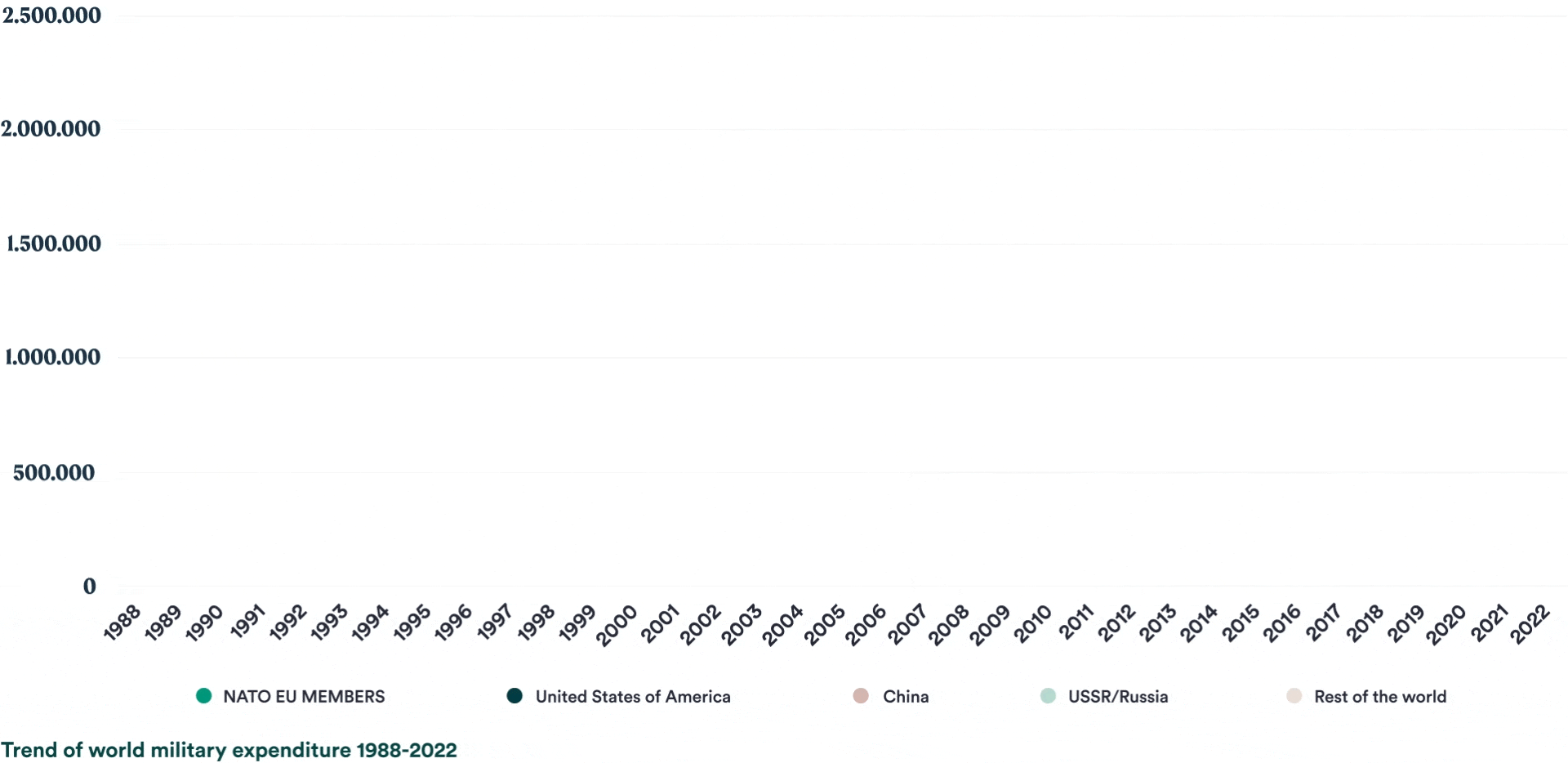
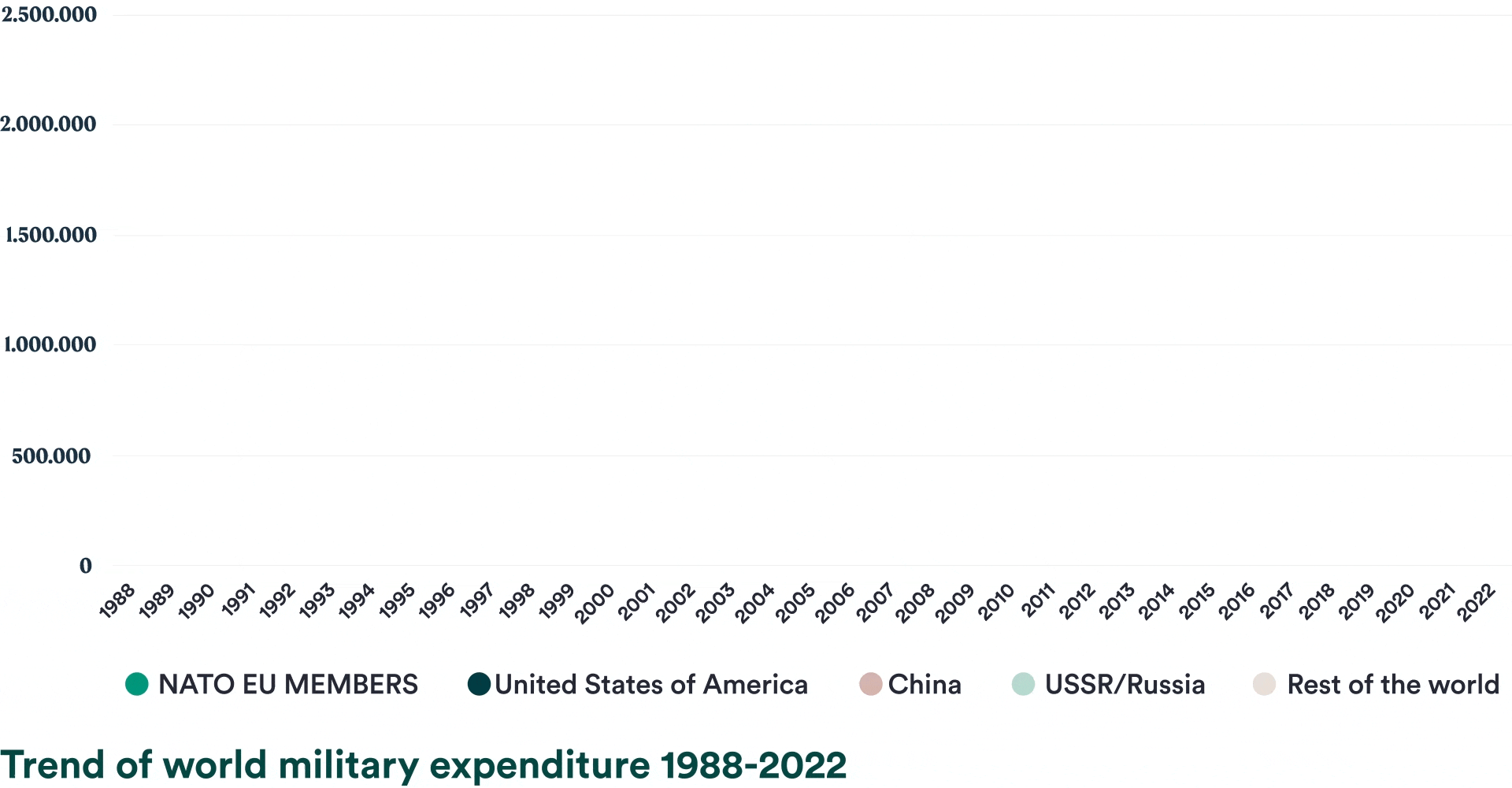
Social Economy in Europe
Ethical finance plays a pivotal role within the social economy in Europe, supporting organisations that prioritise social and environmental goals over profit. This sector, strongly backed by the European Commission, promotes sustainable and inclusive development, addressing the needs of both people and the environment. In the aftermath of the 2008 financial crisis and the economic challenges that followed, there has been growing recognition of the contribution social economy organisations make in improving well-being and ensuring economic, social, and environmental sustainability. This recognition has been endorsed by international institutions such as the ILO, OECD, and the United Nations.
Ethical banks and financial institutions, guided by the principles of ethical finance, are key partners in the social economy. They provide long-term patient capital and customised financing that enables cooperatives, mutuals, associations, foundations, and social enterprises to grow and innovate. These organisations account for around 10% of European businesses and employ 6.2% of the EU workforce, contributing significantly to a fairer and more sustainable economy.
The European Commission’s support, through the Action Plan for the Social Economy and other initiatives, strengthens the role of ethical finance as a tool for change. This includes facilitating access to both public and private funding, improving regulatory conditions, and fostering an economic model that integrates social, economic, and environmental value. EU policies seek to create a supportive ecosystem that recognises the importance of the social economy and ethical finance in building a fairer and more resilient future for Europe.